The annual International Black-faced Spoonbill Census recorded 3,356 individuals in January 2016, an increase of 2.6% from the last year’s 3,272 individuals, and a record recent count for this Endangered Asian waterbird.
An annual census of Black-faced Spoonbill Platalea minor has been ongoing since 2003. This year’s census was held on 15-17 January, with the participation of over 200 volunteers. The survey covered locations in South Korea, Japan, mainland China, Taiwan, Hong Kong, Macau, Vietnam, the Philippines and Thailand.
“This record recent count reflects conservation measures that have finally come into effect over the last decade. Spoonbill numbers have increased because two major wintering sites – Taiwan and Hong Kong – are well protected, and breeding sites in the Korean Peninsula have not been seriously disturbed”, said Yat-tung Yu, Research Manager of Hong Kong Bird Watching Society (HKBWS, BirdLife International Partner in Hong Kong SAR, China) who coordinate the census across the region.

Taiwan is still the largest wintering area for the species, where there were a total of 2,060 individuals (a marginal increase of 26 birds). The increase in the total global population was mainly a result of more records from mainland China, which had a 32% increase from 330 individuals in 2015 to 434 this year. Increases were also recorded in South Korea, Japan and Macau. Worryingly, however, the figure from Deep Bay (Hong Kong, and Shenzhen, China) decreased from 462 individuals in 2010 to 371 individuals this year, which represents a cumulative decrease of nearly 20% over the period (including 40 fewer individuals than 2015).
The decrease of Black-faced Spoonbills in the Deep Bay area is of conservation concern because the area has long been one of the largest wintering sites for the species. Mai Po Nature Reserve, an IBA in Hong Kong and the core part of the Deep Bay, is well managed for waterbirds and wetland conservation, with habitat enhancements for wintering Black-faced Spoonbills having been implemented to improve the condition of the reserve.
Simultaneous regular waterbird-monitoring activities at Deep Bay have found decreasing figures of other wetland species too: total winter waterbird counts at the site have fallen from a plateau of 90,132 in 2008 to 43,425 in 2016. As well as Black-faced Spoonbill, several other globally threatened and near-threatened waterbirds occur including the Endangered Great Knot Calidris tenuirostris and the Vulnerable Saunders’s Gull Saundersilarus saundersi. The exact reasons behind these declines remain unknown, although habitat deterioration such as water pollution and wetland reclamation continues to take place, alongside wider problems with coastal development and illegal poaching that are affecting the South China region as a whole.
This article was first published by BirdLife International on 11 Mar 2016.
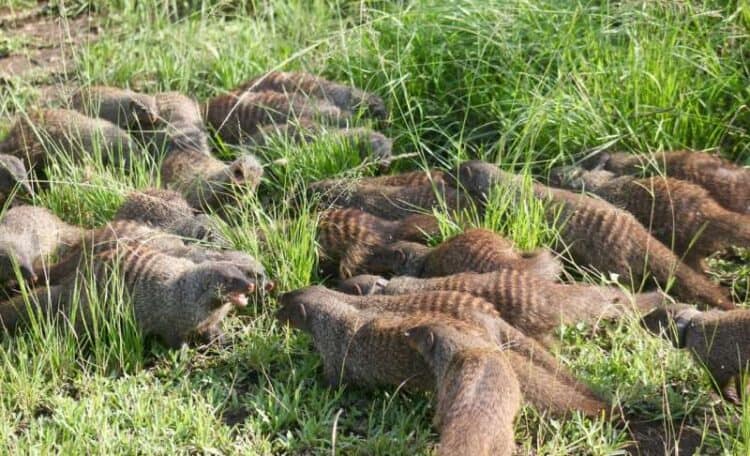
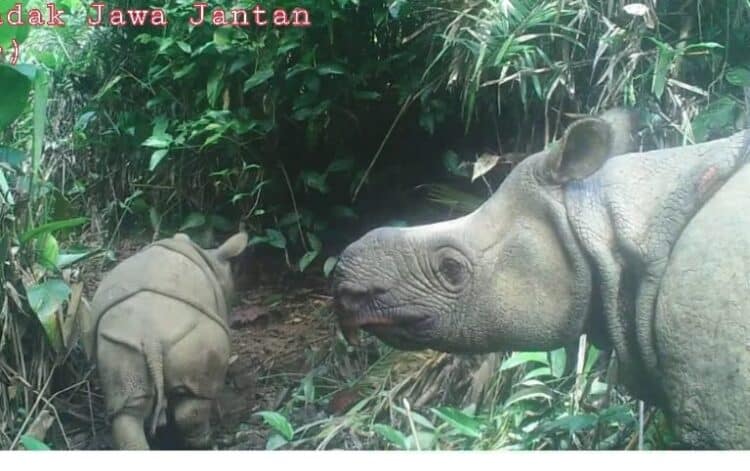
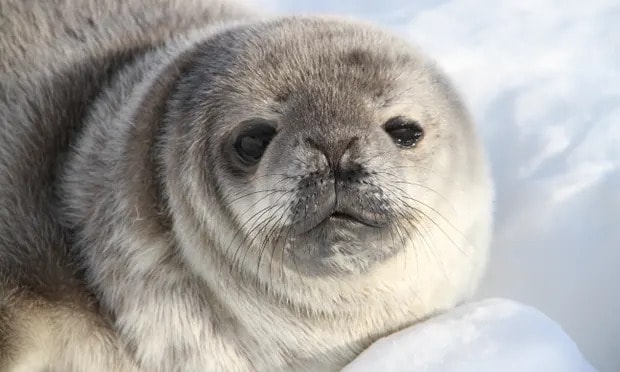
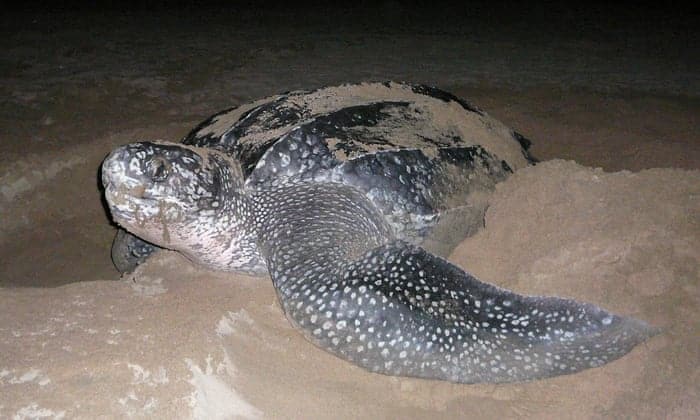

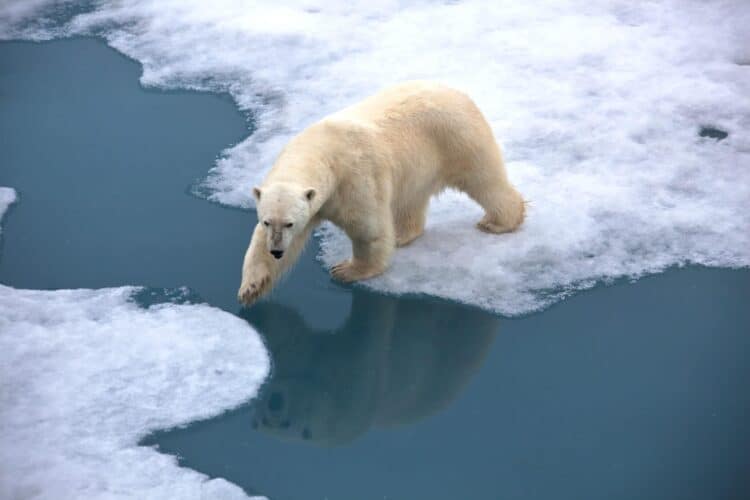
Leave a Reply